 Podcast
Podcast
Frantz Fanon, by Adam Shatz
01/29/2025For the moment, this podcast is only available in French.
 Podcast
Podcast
For the moment, this podcast is only available in French.
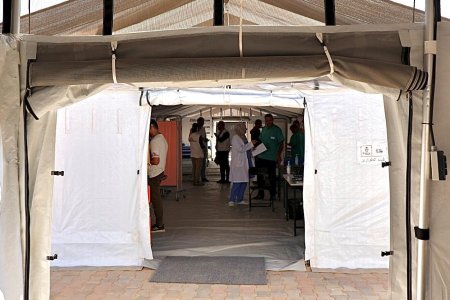 Nour Alsaqqa
News in brief
Nour Alsaqqa
News in brief
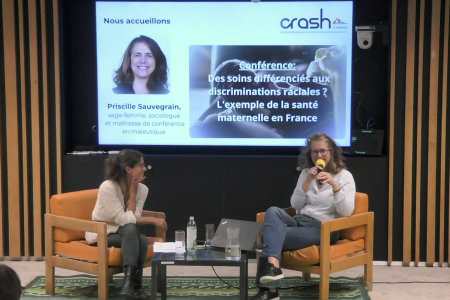 Conference
Conference
On Thursday 19 September 2024 at 6.30pm, the Crash team was delighted to welcome Priscille Sauvegrain for a conference on medical practices in maternal health in France and the role played by racial categories. This meeting, prepared with Caroline Izambert, was moderated by Judith Soussan.
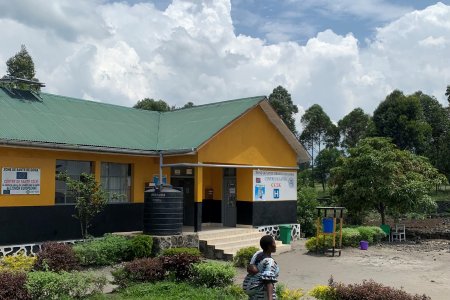 Jacob Burns
Analysis
Jacob Burns
Analysis
In this paper, Jacob Burns analyzes MSF's activities in the provision of social support. In the introduction, he suggests a rough outline of different ‘social’ problems that MSF has turned to between the 1980s and the 2010s. The second part of the paper is a report of a field visit conducted in October – November 2023 to Goma, DRC.
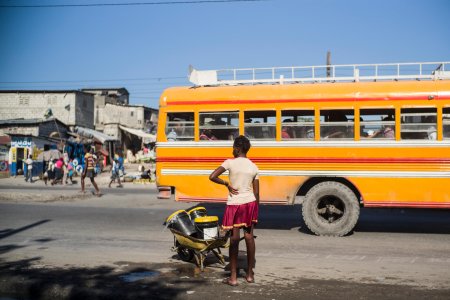 Corentin Fohlen
Articles
Corentin Fohlen
Articles
This article is an addition to Issue 25 of Humanitarian Alternatives "Food crisis: what role for humanitarian actors?", published in March 2024.
 Conference
Conference
On Thursday 29 February at 6.00pm, we welcomed sociologists Théo Boulakia and Nicolas Mariot, the authors of "L’Attestation. Une expérience d’obéissance de masse, printemps 2020". This conference was prepared and moderated by Elba Rahmouni and Marc Le Pape.
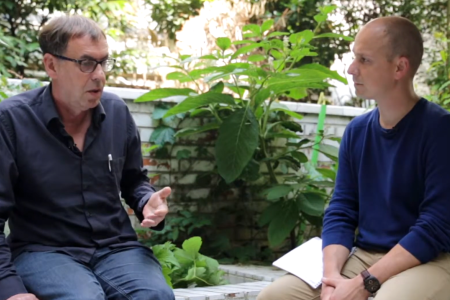 Video
Video
To address the political, economic and legal barriers to patients' access to life-saving treatments, MSF created, in 1999, the Access Campaign (the Campaign for Access to Essential Medicines). In these videos, Jean-Hervé Bradol, doctor and crash study director, answers questions from Andrea Bussotti (MSF-France Operational Communication Manager). In the light of the historical background of the early days of the Access Campaign, he analyses the medico-operational context of the Campaign today and asks himself the question of its objectives.
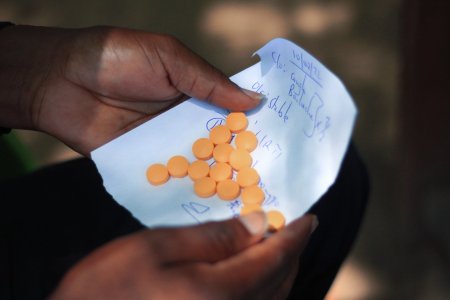 Video
Video
On 3rd and 4th February 2022, the CRASH organised a workshop aimed at the leaders, operational managers and members of MSF France, to shed light on the current debates on access to medicines, and to determine together which issues are the most relevant to resolve. In preparation for this workshop, the CRASH asked experts external to MSF to explain their vision of today’s pharmaceutical industry system, with subjects that ranged from pre-development to distribution, and included patents and quality-related issues.
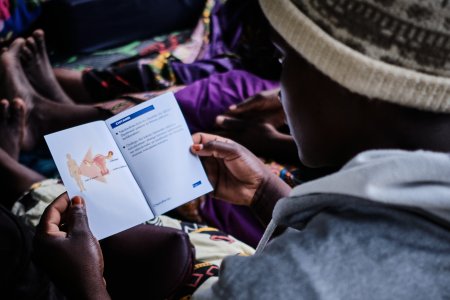 Diego Menjibar
Opinion
Diego Menjibar
Opinion
Based on a reflection regarding how patient rights have changed, in France in particular, Fabrice Weissman discusses humanitarian medicine’s shortcomings in that regard and proposes several avenues for improvement at MSF. This text was originally posted on MSF’s associative website, The Souk.
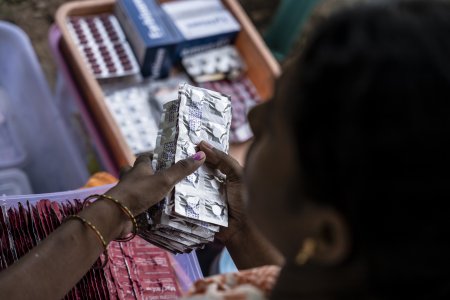 Tadeu Andre/MSF
Cahier
Tadeu Andre/MSF
Cahier
On 3rd and 4th February 2022, the CRASH organised a workshop aimed principally at the directors and operational managers of MSF Operational Centre Paris (OCP) to reflect on current debates, and to determine which elements of the discussion would be the most relevant to resolve to support the advancement of MSF OCP’s operational projects. Is access to medicines the same issue today as it was when MSF first became interested in the mid-1990s? Rather than just concentrating on the obstacles to accessing medicines, should the debate be broadened to encompass what are now called ‘health products’ or even further, towards access to care and thus largely structural problems of human resources, financing, or the absence of national health insurance policies?
 Olivier Guillard
Interview
Olivier Guillard
Interview
“Death is an extremely grave non-emergency; its only treatment is mourning”. That is how doctor Miguel Martinez Almoyna introduces his concept of emergency. The retired 92-year-old anaesthesiologist played an active role in creating France’s SMUR, and later SAMU, emergency medical systems. Still quite active overseas (in Brazil and Mexico), where he has exported the French pre-hospital model, he explains his approach to régulation médicale, whose purpose is to guide patients to the medical services their condition requires while offering a range of responses corresponding to different degrees of severity and urgency.
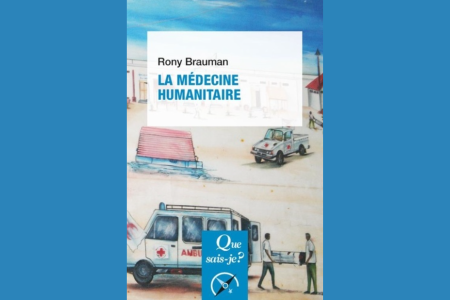 Frederic Noy
Book
Frederic Noy
Book
Humanitarian medicine is intented for marginalized people, hit by a crisis or deprived of access to medical care. This book helps us understand how the specificity of humanitarian medicine stems from real-life situations, more than from the medical act in itself.